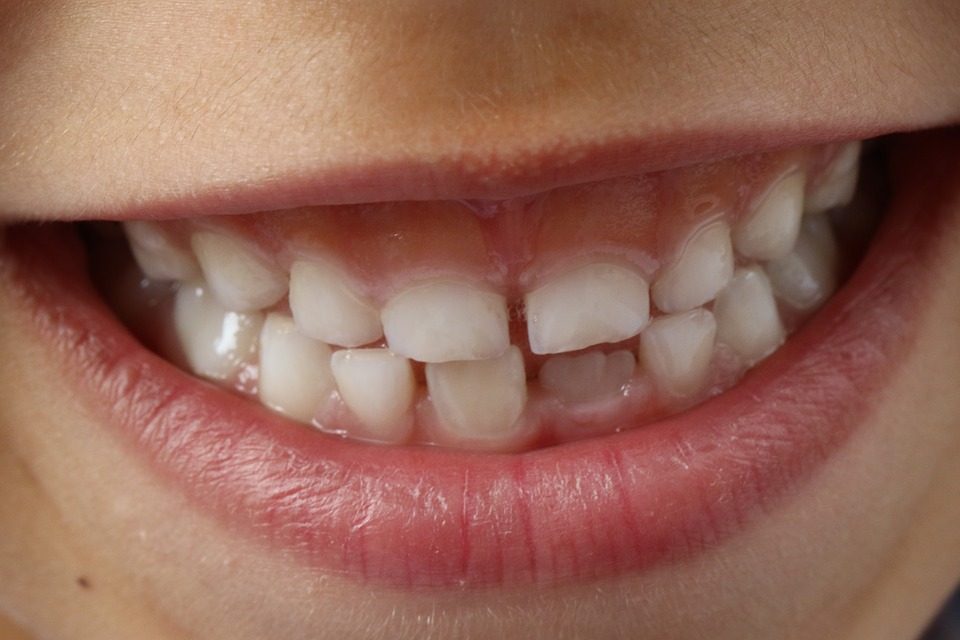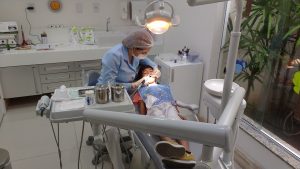Most people assume that children do not need to visit a dentist due to baby teeth that will eventually fall out or due to a children’s fear of the dental office. Although it takes time to get comfortable in the setting, there are many benefits that come with scheduling appointments during the children’s adolescent years.
1. Allow Habits to Develop Early On
Children will naturally become more aware of their dental health if they are able to have their teeth examined early in life. It will allow them to develop habits early on for brushing and flossing their teeth in the early stages of life.
 2. Less Fear of the Dentist
2. Less Fear of the Dentist
Children seem to have an innate fear of the dentist, especially if they are at a mature age when they make their first visit. By taking them early in life, it will allow them to feel more comfortable and in safe hands by getting to know the staff and setting.
3. Proper Examination
Children’s teeth should be examined by a professional to ensure their jaw, bite, and teeth are developing properly. The growth of the oral tissues and gums will also be gently evaluated. Many dentists will even be able to determine if braces or headgear will be needed in the future.
4. Thorough Cleanings
Children are naturally inexperienced when it comes to oral care, making cleanings every six months a priority to ensure that their teeth are well maintained and void of cavities. The cleaning will work to remove excess plaque for healthy teeth and gums. The dentist may also suggest less consumption of sugar and an increase in fluoride with their toothpaste.
 5. Prevent Future Issues
5. Prevent Future Issues
By scheduling dental appointments for children, it will make it easier to take preventative measures for their oral health at an early age. Sealants, plastic resins, and bonds will often be placed on the child’s teeth to prevent cavities or the breakdown of enamel. This will likely promote proper oral care early in life and even reduce the cost for future cleanings or treatments.
By taking your child to visit a dentist, it will promote proper dental care at an early age to ensure that proper habits develop for oral care that they can practice into adulthood. It will not only make them more comfortable with the dental office, but several preventative measures will be taken to promote their dental health before problems begin to develop.


 2. Less Fear of the Dentist
2. Less Fear of the Dentist 5. Prevent Future Issues
5. Prevent Future Issues

